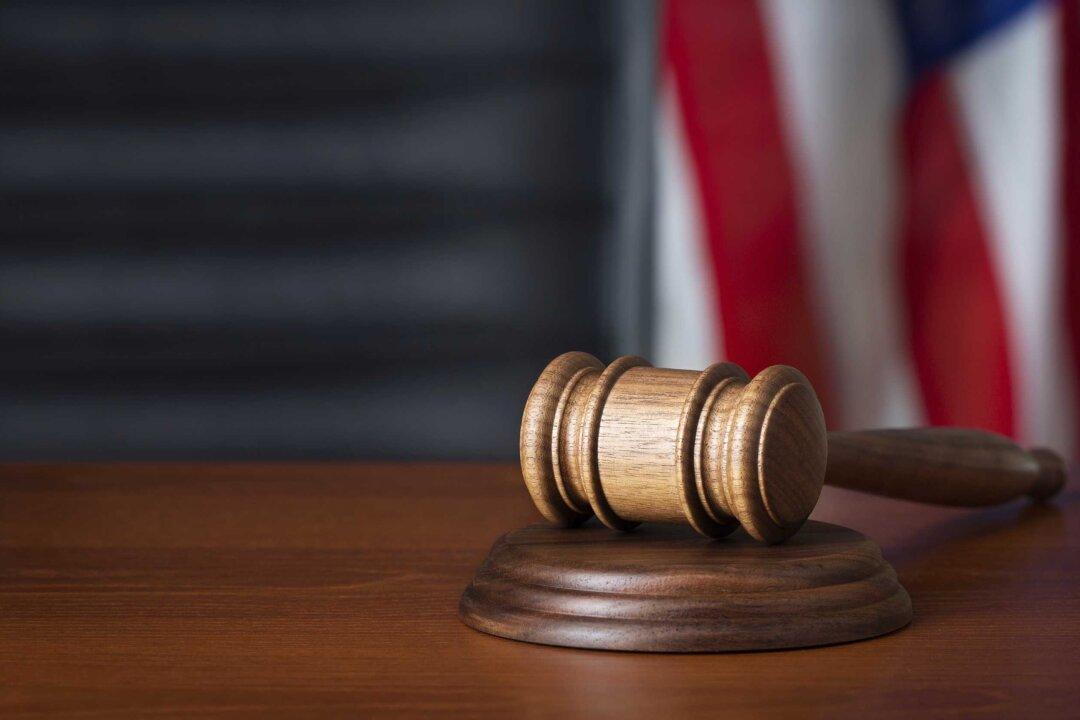A federal court has approved a settlement between a group of Vermont parents and state education officials, finally putting an end to a two-year legal battle over whether the government can deny families of education aid money just because they use the money at religious schools.
Under the terms of the agreement (pdf), signed off Thursday by a U.S. District Court judge, Vermont will no longer exclude religious schools from its tuition benefit program, reimburse families who have wrongly denied tuition, and pay attorneys’ fees.





